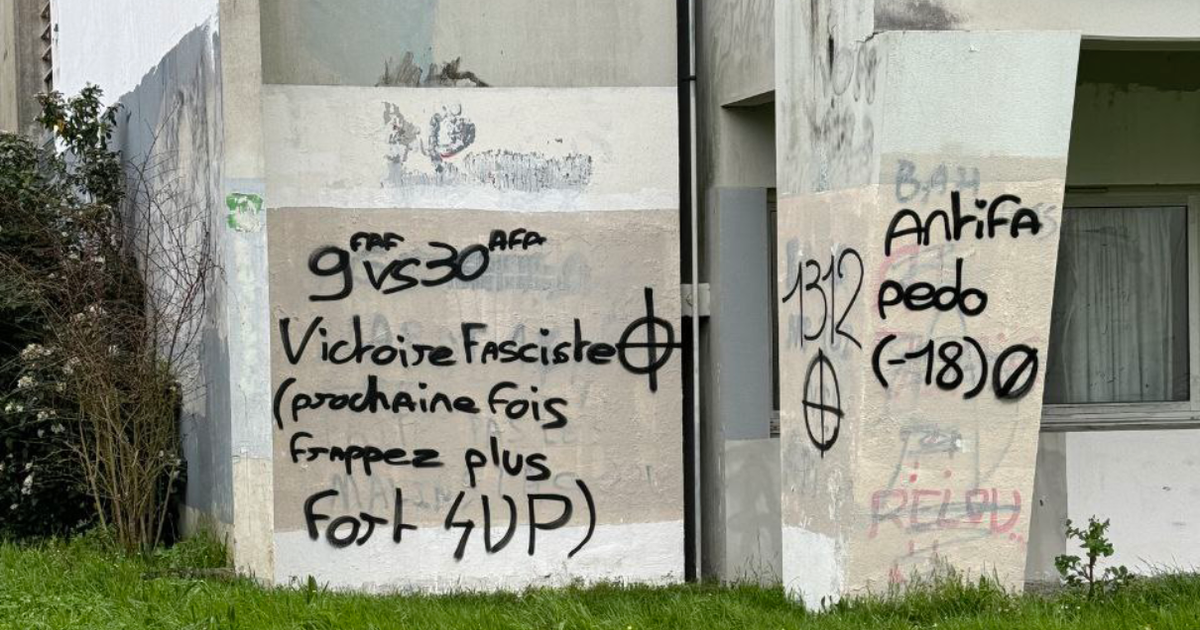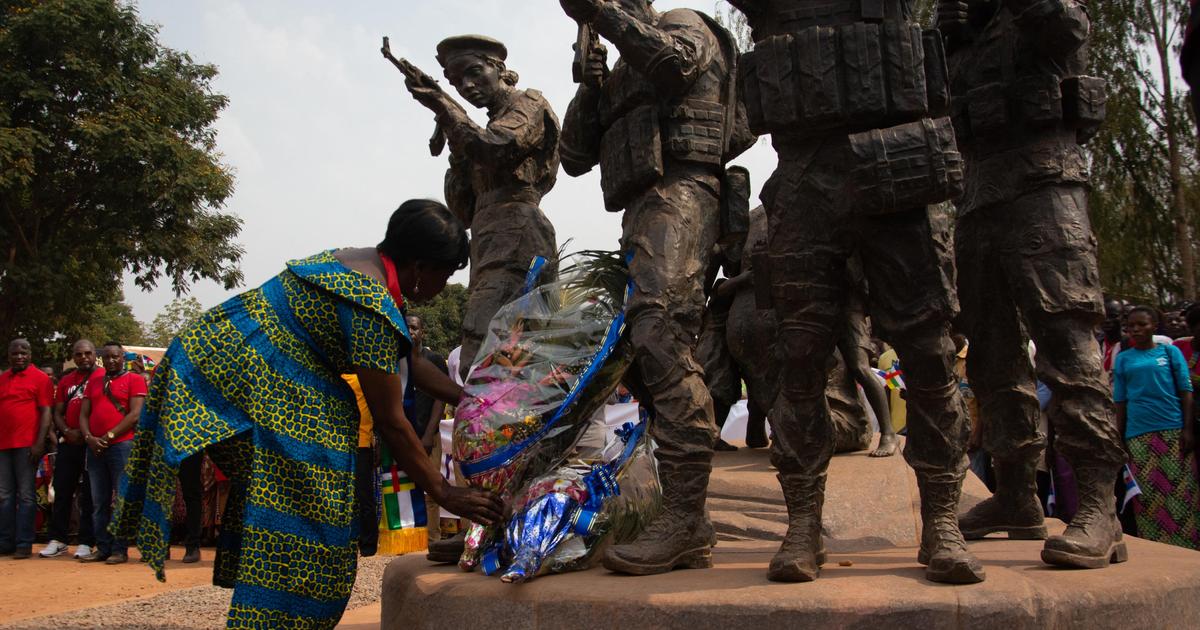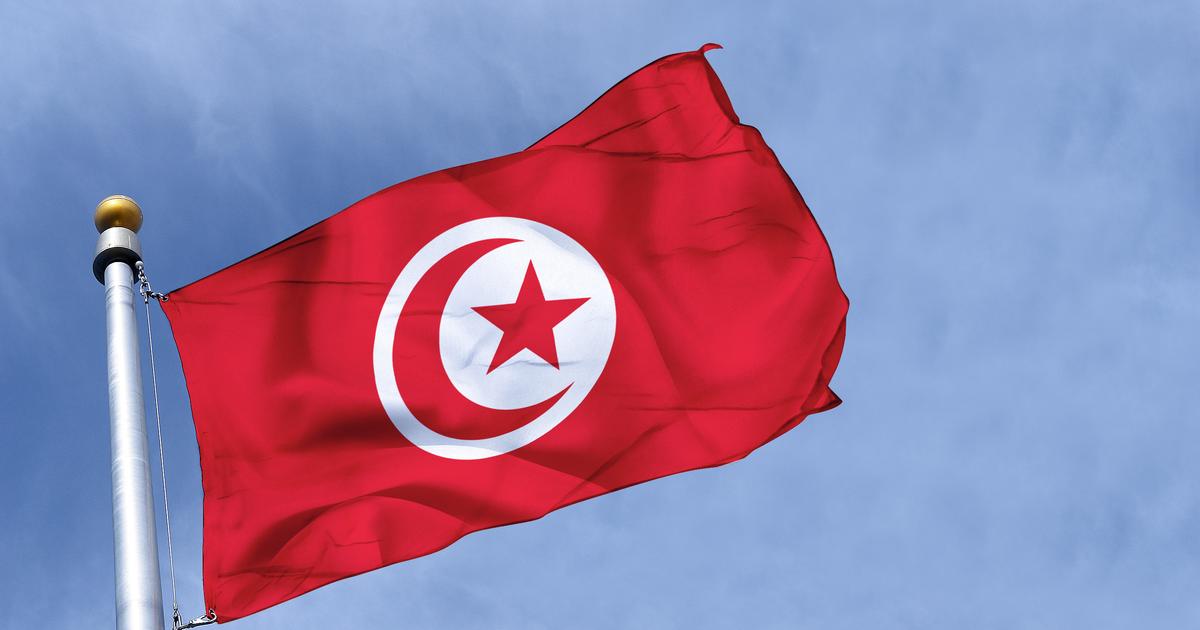The only detail that the coronavirus has had in its malevolence is that it did not arrive in a boat, but rather in a business class , and that countries where xenophobia is growing as well as Italy thanks to Salvini had to quickly correct priorities. It is really little to give yourself a joy, but it is the context that embraces a novel emerged from the bowels of need.
Every work is a shock. Of characters, situations, problems. And I am with you, by Melania G. Mazzucco (Anagrama), is the clash between a Congolese nurse, Brigitte, who has had to flee from torture, rape and repression for treating seven wounded in an opposition demonstration, with the reality of Italy, from Europe where the underworld of the paperlessIt can drag you into circuits as miserable as those you escaped from. Mazzucco dissects the case of this refugee woman in which people who detected her alone, fugitive, mad, sick and hungry at the Termini station in Rome shine with their own light, and managed to accompany her in a long process of fostering, advising and helping undermined on many occasions by the temptation of insanity, self-abandonment, inhuman bureaucracy and xenophobia.
Because there are no simple solutions in I am with you, as there are not in life itself: the immigration process, like the construction of this novel, is not a straight line between horror and salvation, but a circular route, a loop infinity in which after a huge success that draws constant turning points in the face of the abyss (access to a bed, a soup kitchen, an audience to request asylum) others always come with a brutal potential for sinking: the impossible job search , the rejection for being black, forging relationships, the sad family reunion with children who no longer recognize you and their respective rejections in the environments they are going to find.
"Evil is always a choice", we learn from Mazzucco (Rome, 1966). And hatred of the foreigner, the African, the poor is also, we might add.
The author took this book as a clean and hidden cache of a true story. Who said New Journalism. The school forged by Truman Capote in In Cold Blood, enshrined as the cornerstone of nonfiction novels, already has a new play in its quarry.
The novel starts from Brigitte's arrival in Rome, where she is going to cling to the first known space, the aforementioned Termini station, despite the guards who order her to "circulate" if they see her standing because a crazy and still black woman seems to be more scary than a criminal on the move. She eats from the garbage and ill lives ill until a priest detects her and begins the slow process of resurrection. It will cost me to count the humiliations, crimes so brutal "that they have no right to be told", typical of a "dimension that does not belong to men".
But if it does not belong to men to whom if it does not belong, the rejection, the insult, the hatred, the dehumanization, the violence of an Italian (European) society that in general does not look at you and if it looks at you it is to exclude yourself. The old Italians do not want black caregivers and only when they are insane, when Alzheimer's clouds their understanding and they do not realize and do not choose, they will be able to accept that they change the diaper this Congolese who, having her own clinic in her city, has jumped, and Thank you very much for having a degree in geriatric care and for possible substitutions in residences.
The story is so powerful that we forget that we are in a book and that the construction Mazzucco has endowed himself with is as powerful a device as she is. It advances in circles and not in a straight line, it advances by inserting two first people (the author herself on rare occasions and the protagonist when she achieves the confidence and security to delve into her wounds) and an omniscient story in the third without shrieking changes. She is naked, she is factual, without emotions beyond those that the passing of events cleanly provokes, like a notary pen of the small stories that hide the anonymous stories.
And a cherry on top: the reflection that brings the role of the commissions that grant asylum to that of literature is extremely interesting: in the absence of a proven truth, the interviewers look for plausibility in the story and therefore do not accept stories of alleged homosexuals or persecuted people in general who work as photocopies, although by unleashing the picaresque blow they are waging a survival fight. In literature, as in the asylum commission, copies, imitations, or even the truth do not work, only plausibility. We will keep this greatness forever.
"Books can change lives"
Q. Why did you decide to tackle immigration? Do you think books can change realities, can they help, or is literature the goal?
A. A few years ago I wrote the novel Vita. It was a family story inspired by my father's stories of my grandfather's emigration to America at the beginning of the 20th century, something very personal. But it was also the collective history of millions of Italians and not only, because all migrations were already looming. And it was not just a story from the past: in the years when the book was being prepared, Italy, a country of emigrants, became the goal of people from all continents looking for their own America in Italy. So Vita was only the first part of a diptych. The other had to be written. And meanwhile, the 2008 crisis changed the world. People in search of work stopped coming to Italy, but fugitives and asylum seekers who landed there for geographical reasons (it was the landing after the odyssey in the Mediterranean or the Balkan route). People fleeing from wars, violence, destruction, traumatized, wounded, without a homeland to return to. I have wanted to write about one of them, the Brigitte of I am with you, to go beyond the official account, the collective narrative of the media, and even sometimes the literature that normally remains a rescue at sea or in the ship. I wanted readers, like me, to have a real experience. To understand what it means to be a refugee, how to live while waiting for a document, where, with whom, on what precipices of our city. And yes, direct knowledge of people, of facts, of places can change the look. If literature risks offering this experience that is knowledge, then yes, books can change lives.
Q. Has the coronavirus changed the way you look, how you see life?
A. It is still too early to say, because we do not know how long it will last and if it will change our behaviors forever. For now, it is a suspension of time, of space, of identity. But philosophically, I was ready. I had already addressed the relationship between disease, guilt, destiny, naturalization and everything that epidemics provoke in life and in human thought. I have written about the plague of Venice in 1577 in The Long Wait for the Angel , and about the plague of Rome in 1656 in L'architettrice , and I knew the reactions, which are always the same. The appearance of the disease as something unreal, absurd, that rushes from another dimension and seems incompatible with ours, the fear of the unknown and contagion, isolation, the collapse of identity, the reduction to an almost animal life and even the folly of everything. Something that questions the meaning of life, therefore, more than our habits and our plans. Now I limit myself to recording how I react, to writing episodes of daily life, mine and others, and someday perhaps I will find a meaning for it.
Q. Why do you write?
R. I write to live, to understand who we are, where we are, whose history we are the first and last ring, why we are. To experience what it means to be human. And finally to rebel against myself and our limits: of duration, of time, of space. Also to dialogue with the absent, with the lost, with the dead, with those who I have not yet met, and for leaving something of me.
Q. I'm with you is a non-fiction novel, like A cold blood of Capote. Did you feel like a journalist, a historian, a writer while documenting it? How would you define your technique in the construction process?
A. I do not distinguish between my fiction and non-fiction books, because my way of writing them is identical. I spend a lot of time with my characters, whether imaginary or real, even if they lived centuries before me. Each book is born from an exciting search for documentation that can become a journey, transfer, immersion in another language. In short, for me writing is always an inquiry that intertwines with my existence and changes it. But it is true that I am with you is different, because Brigitte is true, she is alive and our relationship implies a responsibility and imposes an even more rigorous ethic on writing. So thanks for associating it with In Cold Blood, a nonfiction masterpiece. I chose the documentary form before starting the writing because I did not consider it acceptable to invent a story of a refugee and turn it into a novel. In a way it is an obligatory formula, and in fact in tune with contemporary works such as Fire in the Sea by Gianfranco Rosi, which appeared in Italy the same year that I am with you. And in another way it is also a tribute to our tradition. In the 19th century and in the first part of the 20th, Italian literature has counted emigration (at that time a contemporary phenomenon) only in the form of non-fiction, because the testimonies, the author's involvement in the matter and the authenticity of the narrated events exceed the limits of literature and become action.















